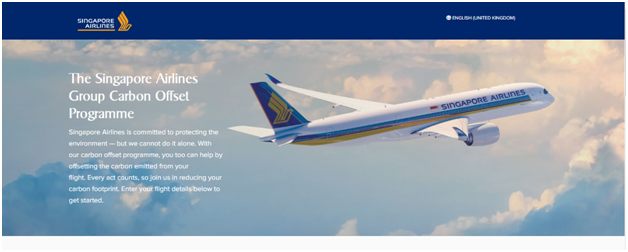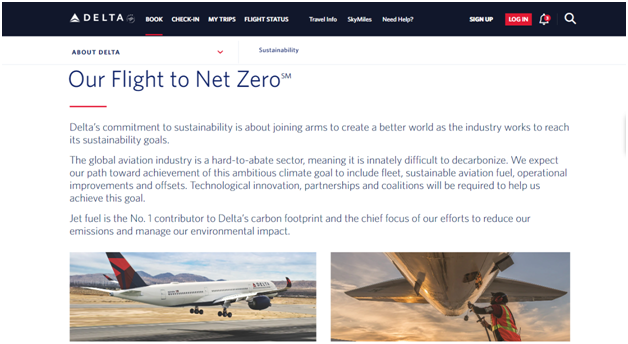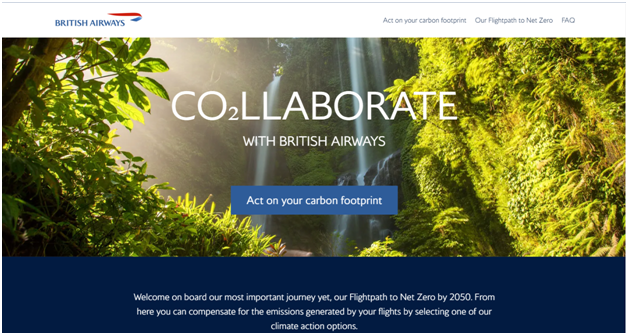
Carbon offsetting has become a primary initiative for the travel industry since the pressure to practice more sustainable travel rises. Projects like reforestation and renewable energy sources have contributed greatly to the reduction or removal of emissions. Because of these big projects, travelers can now compensate for their own carbon footprint by counterbalancing it with an equivalent amount of removed emissions.
As more airlines, hotels, and online travel agents embrace carbon offset initiatives for their B2B operations, it follows that significant changes need to be considered when forming partnerships within the industry.
In this article, we’ll explore the impact of carbon offsetting initiatives on B2B travel insurance partnerships.
Consumers and regulators alike are pressuring the travel industry to reduce its carbon footprint. It’s the main reason why carbon offsetting has become a critical concern in the industry. According to the International Air Transport Association (IATA), 2 percent of global CO2 emissions are generated from aviation, and this number will only increase if air travel continues on its current trajectory.
To address this problem, many airlines are now investing in renewable energy projects, encouraging sustainable land use management practices and funding carbon capture technology. Not only do these initiatives matter for the environment’s well-being, but they also have become essential to protect the reputation of travel companies while keeping their bottom line healthy.
Carbon offsetting can have positive effects on partnerships between airlines and travel insurers. Airlines that offset their emissions may be able to provide more attractive trip insurance options, as they can show travelers that they are committed to reducing their environmental impact. Travel insurance companies may also benefit from it as they can offer specialized insurance products for customers who support offsetting carbon emissions.
Travelers are now seeking eco-friendly insurance options for their trips, so it’s a wise move for travel insurers to consider offering coverage that ranges from carbon offsetting and ecotourism activities to sustainable travel services.
There is also a significant impact of carbon offsetting initiatives on the underwriting process for travel insurance policies. During the process of determining rates and coverage options, insurers may take into account a company’s carbon offsetting efforts. This could lead to more favorable rates for companies that have implemented sustainable practices, and may also encourage other companies to invest in carbon offsetting initiatives.
The Singapore Airlines Group Carbon Offset Programme is an initiative provided by Singapore Airlines that enables passengers to balance out the carbon emissions produced by their flight by buying carbon offset credits. These credits are utilized to support projects that aim to decrease or eliminate greenhouse gas emissions, such as wind and solar power projects, as well as planting and preserving forests.

Delta Air Lines has a carbon offset program that allows customers to offset the carbon emissions from their flights. The program is voluntary and customers can purchase carbon offsets when they book their flight or at any time before they fly.
Delta Carbon Choice works by purchasing verified carbon offsets from a variety of projects such as renewable energy and reforestation. These projects are verified by third-party organizations to ensure that they meet high environmental and social standards.

British Airways offers two different ways in which customers can help address carbon emissions—Carbon offsetting & Sustainable Aviation Fuel (SAF) and Carbon Removals & SAF. These programs allow them to contribute to high-quality emission reduction or carbon removal projects.

As the travel industry adapts to the increasing focus on carbon offsetting, travel insurers must come up with new and innovative insurance products and services to stay competitive. These could include coverage for sustainable transportation options or projects that offset emissions, making it easier and more affordable for customers to take eco-friendly trips.
Travel insurers can educate their customers on the benefits of sustainable travel and how carbon offset initiatives are related to their coverage. This will increase customer understanding and encourage more people to choose eco-friendly travel options, which in turn will lead to an increase in demand for policies that support these methods.
Carbon offsetting initiatives are likely to become increasingly important for the reputation of the travel industry. By adapting their insurance products and services to meet these needs, travel insurers can ensure that they remain competitive in a rapidly changing market. Furthermore, they can play an important role in incentivizing customers to pursue eco-friendly travel methods, thus helping to reduce the industry’s carbon footprint.